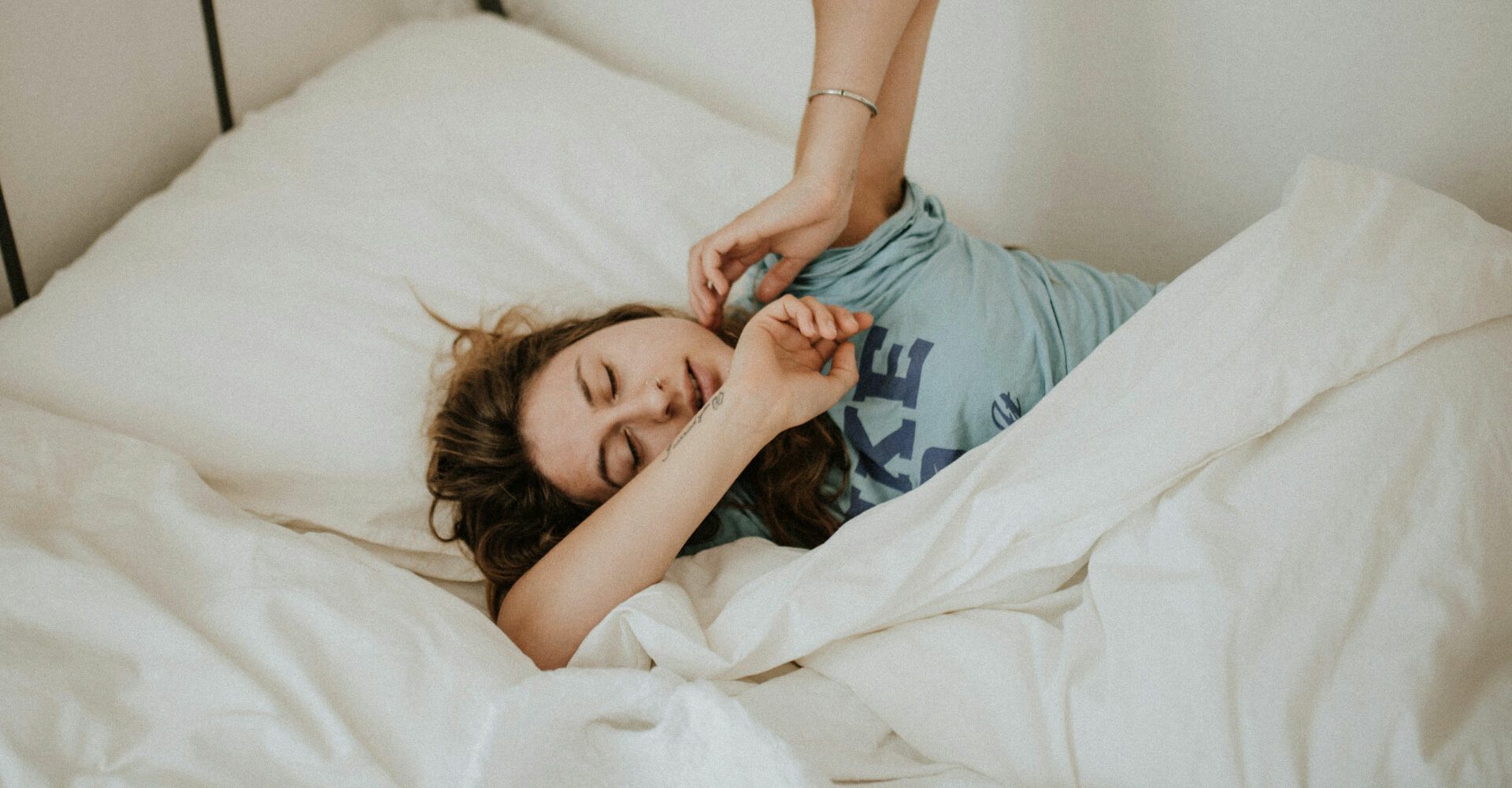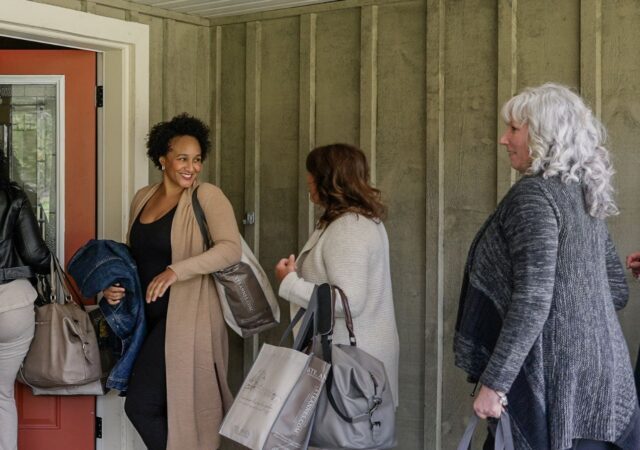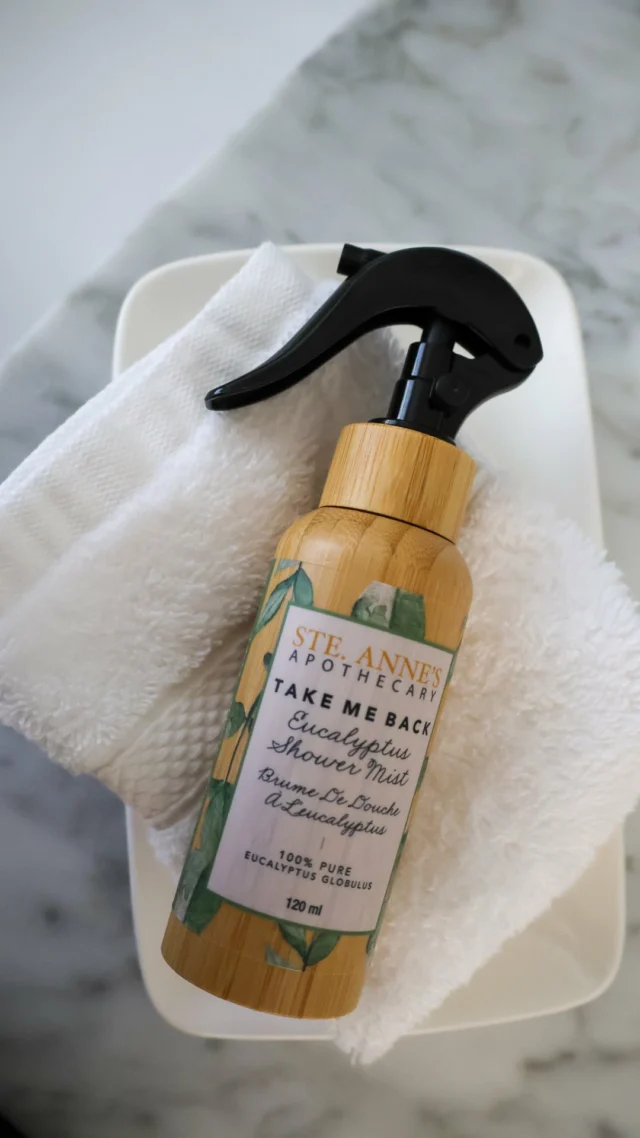Unlock Better Sleep

You’re probably tired of hearing that you should be getting seven hours of uninterrupted sleep every night. Most of us dream of a glorious night of solid sleep and waking up well-rested.
Diet, lifestyle and sudden changes in routine can all contribute to poor sleep – and in the midst of the busy holiday season and end-of-year work projects, there are so many disruptions getting in the way of healthy ZZZs.
Proper rest is an essential restorative process that facilitates healing and regeneration throughout the body and so vital for good mental and emotional health, yet we often struggle with falling asleep and staying that way. Sleepless nights impact our mood, learning and overall health.
We need 7-9 hours for optimal functioning – quality snoozing supports a healthy immune system, boosts energy and resiliency against stress, reduces our risk of chronic disease and benefits our brain health. Researchers have found that bad sleep can age your brain faster – in particular, early morning awakening and difficulty falling asleep accelerate brain aging over time.
Sleep is foundational to daily self-care and our overall wellbeing, so treating your sleep as something important is essential. Prioritizing sleep means that you become more purposeful and mindful of your sleep habits. It’s so easy to deprioritize sleep or procrastinate at night when you’re trying to squeeze in just one more work email, one more festive cocktail or an extra episode of your favourite series.
Getting restful shuteye requires honest self-reflection about the habits you may have that prevent you from drifting off. Each of us has our own unique preferences for promoting sleep. Identify those elements and make an effort to maintain them. Gradually adjust your routine, so it’s not overwhelming.
Maintaining a consistent bedtime and waketime and optimizing the environment of the room you sleep in is a good start. Reduce light exposure, along with tech exposure, and create a comfortable, relaxing environment with cool temperatures.
An unhealthy relationship with your devices can bring on stress and impact your sleep quality. Unplugging and recharging regularly throughout the day and especially at night is critical for successful snoozing. Place devices somewhere you cannot easily grab them from your bed so you can resist the temptation to start scrolling.
Do a brain dump. Anxiety keeps many of us up at night with racing thoughts. Write down all your worries before getting turned in for the night. Put your thoughts to bed before you get into bed. Ten minutes is a good amount of journaling time, so you don’t get entrenched in your worries.
Practice a breathing exercise to help unwind and cope with anxious thoughts. Sleep is actually a passive process, so you don’t have much control over when you’ll fall asleep, but you do have control over preparing your body for sleep, and that includes your breathing. Try boxed breathing – inhale for four seconds, hold for four, exhale for four and pause for four seconds. Soothing guided meditations designed to bring you calm can also help ease you into sleep.
Don’t overthink your sleep. Focusing too much on it and trying to get it just right makes it actually harder to get sleep, and it can also mean feeling more fatigued the next day. Even if you slept just fine. It’s natural to have multiple awakenings during the night, so don’t get too frustrated. If you can’t sleep, get up and try again when you feel tired.
Mind what you eat and drink. Avoid eating a large meal a few hours before bedtime. Stay away from caffeine and alcohol, as the metabolization of the compounds can influence your sleep. Drink calming beverages that help promote sleep, such as cherry juice, chamomile tea, valerian tea, peppermint tea and warm milk.
Aim for a healthful diet of more fruits and veggies, higher fibre foods, less sugar, less fat and particularly less saturated fat to increase your quality sleep and lower your risk of insomnia.
Healthy sleep needs a healthy day – boost exercise to beat the bedtime blues. Adults with higher levels of moderate to vigorous physical activity during the day had less troubled sleep, reduced tiredness, and better sleep quality, according to a University of South Australia study.
Rigorous exercise before bed has long been discouraged, but more new research has found that short bursts of light activity can lead to better sleep. Interrupt long periods of sitting in the evenings with things like walking around the house, marching on the spot and even dancing in your living room, repeated for three minutes every half hour throughout the evening.
There are a few supplements for better sleep quality, including glycine – a safe, nonessential amino acid that you can buy over the counter and can be taken at any time, like in the middle of the night when your brain won’t shut off. Melatonin shifts your sleep schedule, which is optimal for jet lag but needs to be taken a couple of hours before bed.














